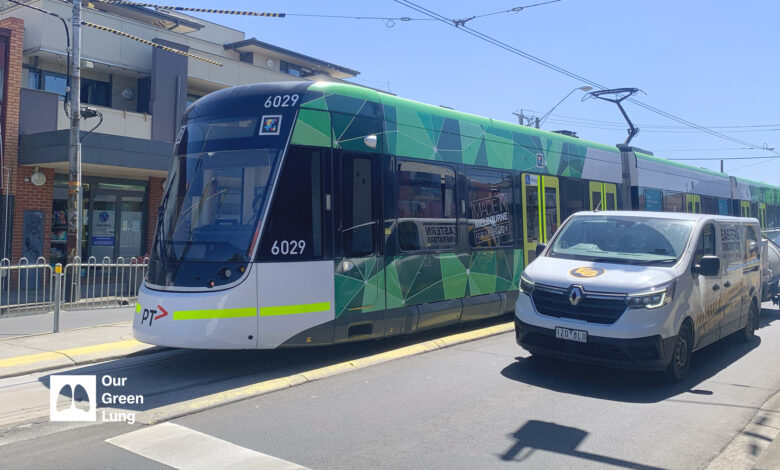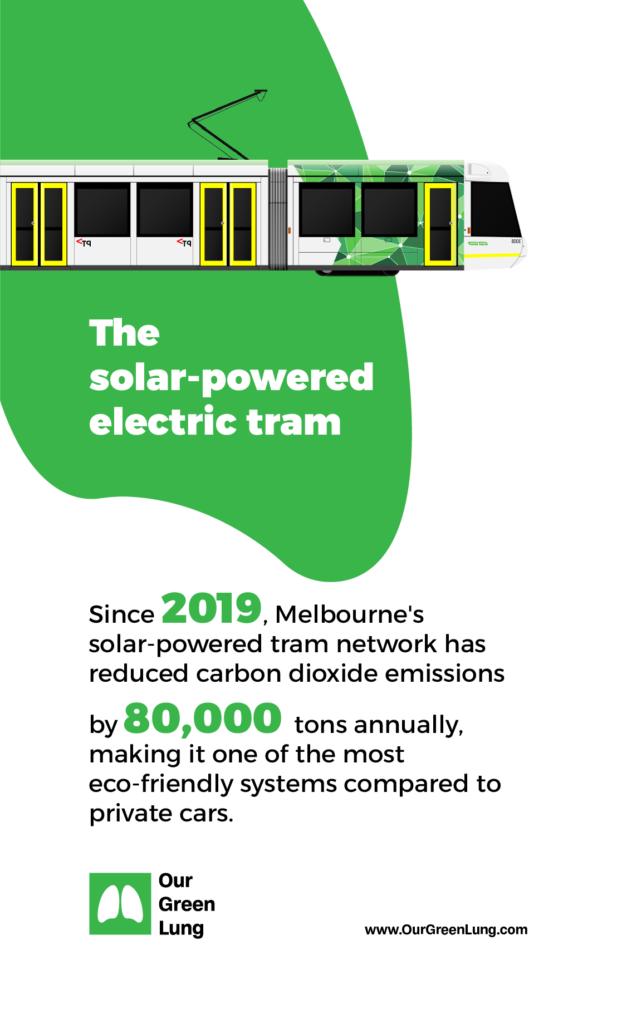Skip the Car: How Public Transport Can Help Save the Environment

With environmental concerns mounting and the increasing impact of cars on air quality and climate change, it is imperative to rethink the means of mobility we rely on every day. Private cars, which for decades were a symbol of comfort and personal autonomy, are today one of the largest contributors to air pollution and increased greenhouse gas emissions. This pollution not only affects human health, but also contributes to the acceleration of climate change. This phenomenon is becoming increasingly dangerous as global temperatures rise and problems worsen Such as drought and floods. With these developments, the adoption of sustainable solutions seems more urgent than ever.
Public transport, for its part, represents a promising and important alternative to achieve this environmental sustainability. Buses, trains and other mass transportation offer effective solutions to reduce harmful emissions from private cars. Recent studies show that public transport not only contributes to reducing traffic congestion, but also to reducing levels of carbon dioxide emissions and other pollutants. According to a report published by the Melbourne Public Transport Authority (PTV), the use of public transport can reduce carbon emissions per passenger by up to 60% compared to the use of private cars. This figure clearly illustrates the significant positive impact that switching to mass transit can have on the environment.
PTV also published that public transport contributes to reducing dependence on fossil fuels, which is one of the most prominent contributors to global warming. Many public transport today relies on cleaner energy sources such as electricity and natural gas, which contributes to reducing the consumption of conventional fuels and reducing environmental pollution. For example, electric buses powered by electricity generated from renewable sources, such as solar or wind energy, significantly reduce harmful emissions and help maintain Natural resources.

The economic and environmental benefits of public transport go beyond just reducing emissions. It also provides a solution to the problems associated with traffic congestion, a problem experienced by many major cities around the world. In Melbourne, for example, the Public Transport Authority is seeking to improve mass transit infrastructure to encourage more people to use it instead of relying on private cars. Such an approach helps reduce congestion, making journeys faster and more efficient, while at the same time contributing to reduced pollution. resulting from heavy traffic.
The adoption of public transport is not only a means of solving environmental problems, but also part of the global trend towards sustainability. With increasing global awareness of climate change and its devastating effects, public transport is emerging as one of the key solutions to achieve this sustainability. The use of shared transportation not only reduces emissions, but also improves the quality of the air we breathe daily, and conserves natural resources that have become scarcer over time.
Studies published by PTV suggest that public transport plays a key role in protecting public health. For example, reducing emissions from private cars improves air quality in urban areas, reducing the incidence of pollution-related diseases such as asthma and heart disease. Many major cities today rely on enhancing public transport infrastructure as part of their plans to improve quality of life and achieve sustainable development.
Moreover, the shift towards public transport gives individuals the opportunity to participate in protecting the environment on an individual level, by reducing the use of private cars, which are the main contributors to carbon emissions. PTV notes that the use of mass transit in Melbourne not only contributes to reducing negative environmental impacts, but also provides economical solutions by reducing the fuel and maintenance costs that result from the use of private cars.
As environmental conditions continue to deteriorate and the effects of climate change worsen, it is clear that moving towards a more sustainable future requires fundamental changes in our lifestyles. Abandoning the car and adopting public transport is not just a step towards a cleaner environment, but also a step towards a more balanced and sustainable society.

